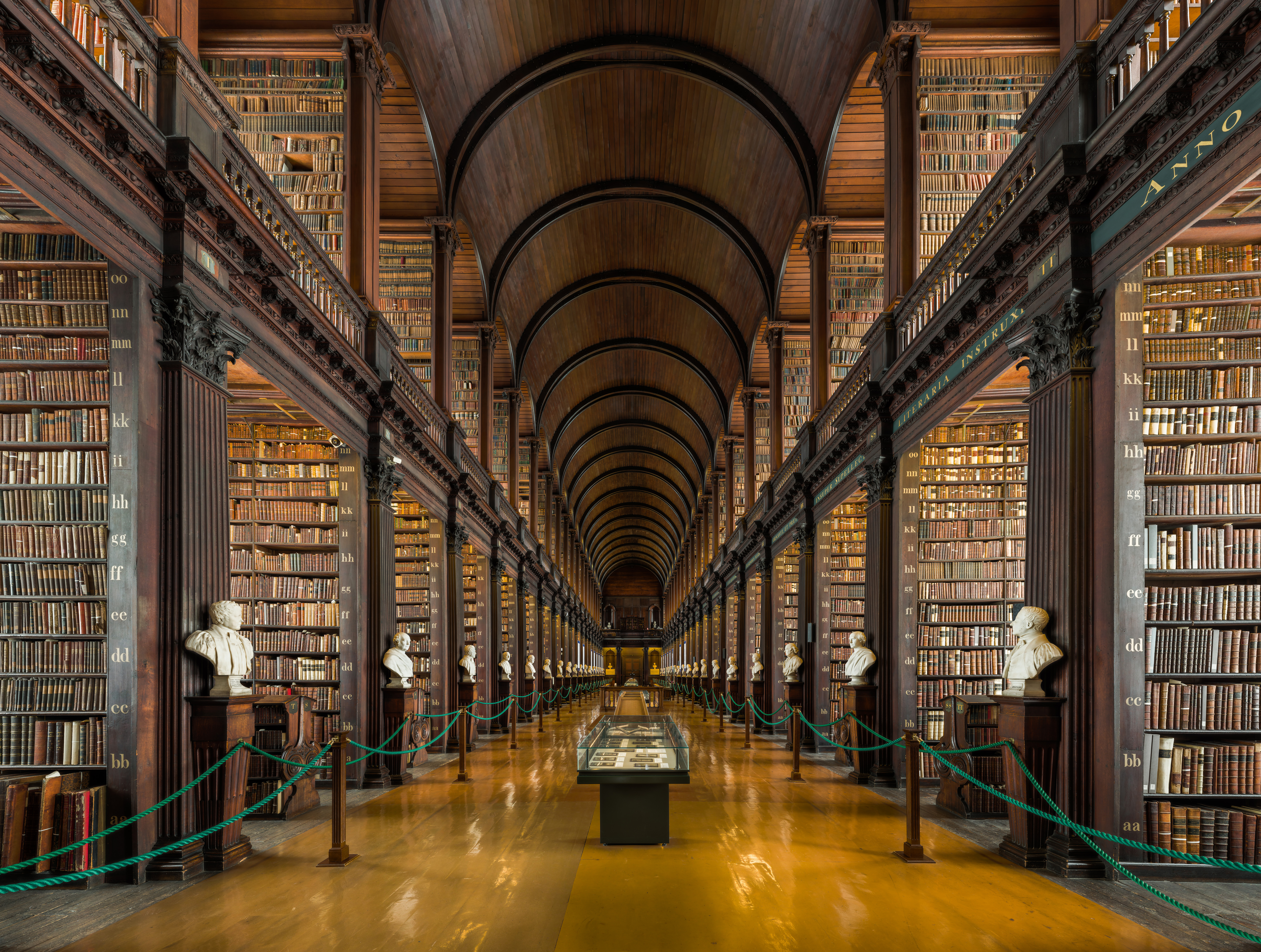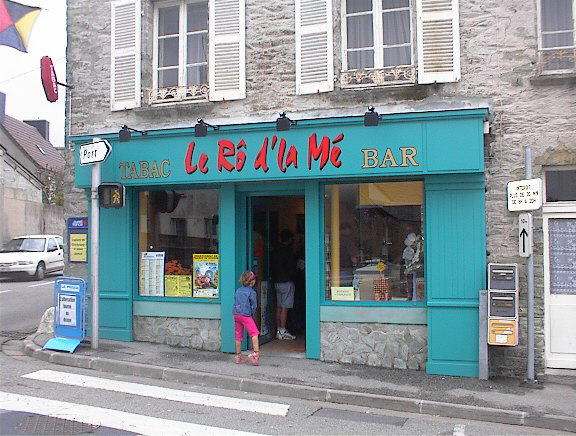|
Maughan Library
The Maughan Library () is the main university research library of King's College London, forming part of the Strand Campus. A 19th-century neo-Gothic building located on Chancery Lane in the City of London, it was formerly the home to the headquarters of the Public Record Office, known as the "strong-box of the Empire", and was acquired by the university in 2001. Following a £35m renovation designed by Gaunt Francis Architects, the Maughan is the largest new university library in the United Kingdom since World War II.O'Leary (2010), p. 404 Designed by Sir James Pennethorne and constructed in 1851, with further extensions made between 1868 and 1900, it is a Grade II* listed building. Inside the library is a dodecagonal reading room, inspired by that of the British Museum, and a former medieval chapel, now an exhibition space showcasing the special collections of the library. The library was named in honour of Sir Deryck Maughan, an alumnus of the university. History Early hi ... [...More Info...] [...Related Items...] OR: [Wikipedia] [Google] [Baidu] |
Academic Library
An academic library is a library that is attached to a higher education institution and serves two complementary purposes: to support the curriculum and the research of the university faculty and students. It is unknown how many academic libraries there are worldwide. An academic and research portal maintained by UNESCO links to 3,785 libraries. According to the National Center for Education Statistics, there are an estimated 3,700 academic libraries in the United States. In the past, the material for class readings, intended to supplement lectures as prescribed by the instructor, has been called reserves. In the period before electronic resources became available, the reserves were supplied as actual books or as photocopies of appropriate journal articles. Modern academic libraries generally also provide access to electronic resources. Academic libraries must determine a focus for collection development since comprehensive collections are not feasible. Librarians do this by ide ... [...More Info...] [...Related Items...] OR: [Wikipedia] [Google] [Baidu] |
World War II
World War II or the Second World War, often abbreviated as WWII or WW2, was a world war that lasted from 1939 to 1945. It involved the vast majority of the world's countries—including all of the great powers—forming two opposing military alliances: the Allies and the Axis powers. World War II was a total war that directly involved more than 100 million personnel from more than 30 countries. The major participants in the war threw their entire economic, industrial, and scientific capabilities behind the war effort, blurring the distinction between civilian and military resources. Aircraft played a major role in the conflict, enabling the strategic bombing of population centres and deploying the only two nuclear weapons ever used in war. World War II was by far the deadliest conflict in human history; it resulted in 70 to 85 million fatalities, mostly among civilians. Tens of millions died due to genocides (including the Holocaust), starvation, ma ... [...More Info...] [...Related Items...] OR: [Wikipedia] [Google] [Baidu] |
Jews
Jews ( he, יְהוּדִים, , ) or Jewish people are an ethnoreligious group and nation originating from the Israelites Israelite origins and kingdom: "The first act in the long drama of Jewish history is the age of the Israelites""The people of the Kingdom of Israel and the ethnic and religious group known as the Jewish people that descended from them have been subjected to a number of forced migrations in their history" and Hebrews of historical History of ancient Israel and Judah, Israel and Judah. Jewish ethnicity, nationhood, and religion are strongly interrelated, "Historically, the religious and ethnic dimensions of Jewish identity have been closely interwoven. In fact, so closely bound are they, that the traditional Jewish lexicon hardly distinguishes between the two concepts. Jewish religious practice, by definition, was observed exclusively by the Jewish people, and notions of Jewish peoplehood, nation, and community were suffused with faith in the Jewish God, ... [...More Info...] [...Related Items...] OR: [Wikipedia] [Google] [Baidu] |
Henry III Of England
Henry III (1 October 1207 – 16 November 1272), also known as Henry of Winchester, was King of England, Lord of Ireland, and Duke of Aquitaine from 1216 until his death in 1272. The son of King John and Isabella of Angoulême, Henry assumed the throne when he was only nine in the middle of the First Barons' War. Cardinal Guala Bicchieri declared the war against the rebel barons to be a religious crusade and Henry's forces, led by William Marshal, defeated the rebels at the battles of Lincoln and Sandwich in 1217. Henry promised to abide by the Great Charter of 1225, a later version of the 1215 '' Magna Carta'', which limited royal power and protected the rights of the major barons. His early rule was dominated first by Hubert de Burgh and then Peter des Roches, who re-established royal authority after the war. In 1230, the King attempted to reconquer the provinces of France that had once belonged to his father, but the invasion was a debacle. A revolt led by William ... [...More Info...] [...Related Items...] OR: [Wikipedia] [Google] [Baidu] |
Master Of The Rolls
The Keeper or Master of the Rolls and Records of the Chancery of England, known as the Master of the Rolls, is the President of the Court of Appeal (England and Wales)#Civil Division, Civil Division of the Court of Appeal of England and Wales and Head of Civil Justice. As a judge, the Master of the Rolls is second in seniority in England and Wales only to the Lord Chief Justice of England and Wales, Lord Chief Justice. The position dates from at least 1286, although it is believed that the office probably existed earlier than that. The Master of the Rolls was initially a clerk responsible for keeping the "Rolls" or records of the Court of Chancery, and was known as the Keeper of the Rolls of Chancery. The Keeper was the most senior of the dozen Chancery clerks, and as such occasionally acted as keeper of the Great Seal of the Realm. The post evolved into a judicial one as the Court of Chancery did; the first reference to judicial duties dates from 1520. With the Supreme Court of ... [...More Info...] [...Related Items...] OR: [Wikipedia] [Google] [Baidu] |
Norman French
Norman or Norman French (, french: Normand, Guernésiais: , Jèrriais: ) is a Romance language which can be classified as one of the Oïl languages along with French, Picard and Walloon. The name "Norman French" is sometimes used to describe not only the Norman language, but also the administrative languages of ''Anglo-Norman'' and ''Law French'' used in England. For the most part, the written forms of Norman and modern French are mutually intelligible. This intelligibility was largely caused by the Norman language's planned adaptation to French orthography (writing). History When Norse Vikings from modern day Scandinavia arrived in Neustria, in the western part of the then Kingdom of the Franks, and settled the land that became known as Normandy, these North-Germanic–speaking people came to live among a local Gallo-Romance–speaking population. In time, the communities converged, so that ''Normandy'' continued to form the name of the region while the original Norse ... [...More Info...] [...Related Items...] OR: [Wikipedia] [Google] [Baidu] |
Alumnus
Alumni (singular: alumnus (masculine) or alumna (feminine)) are former students of a school, college, or university who have either attended or graduated in some fashion from the institution. The feminine plural alumnae is sometimes used for groups of women. The word is Latin and means "one who is being (or has been) nourished". The term is not synonymous with "graduate"; one can be an alumnus without graduating (Burt Reynolds, alumnus but not graduate of Florida State, is an example). The term is sometimes used to refer to a former employee or member of an organization, contributor, or inmate. Etymology The Latin noun ''alumnus'' means "foster son" or "pupil". It is derived from PIE ''*h₂el-'' (grow, nourish), and it is a variant of the Latin verb ''alere'' "to nourish".Merriam-Webster: alumnus .. Separate, but from the s ... [...More Info...] [...Related Items...] OR: [Wikipedia] [Google] [Baidu] |
Deryck Maughan
Sir Deryck Charles Maughan (born 20 December 1947) is an English businessman. Early life Maughan was born in Consett, County Durham to a working class family. His father worked as a coal miner. He moved with his parents to Richmond, North Yorkshire, where they managed the Fleece Hotel. He attended Richmond Grammar School. Maughan won a scholarship and studied sociology and geography at King's College London. He then earned a MS from Stanford Graduate School of Business in 1978, where he was a Harkness Fellow. Career Maughan worked at HM Treasury from 1969. Considered the most elite of the British civil services, Maughan was one of only three men hired to join that year. He went to work as a bond salesman at the London office of Goldman Sachs from 1979 to 1983. Maughan left Goldman Sachs for Salomon Brothers in New York from 1983, where he worked as an international bond sales manager. Salomon Brothers promoted Maughan to managing director of their small Asian subsidiary in 19 ... [...More Info...] [...Related Items...] OR: [Wikipedia] [Google] [Baidu] |
Medieval
In the history of Europe, the Middle Ages or medieval period lasted approximately from the late 5th to the late 15th centuries, similar to the Post-classical, post-classical period of World history (field), global history. It began with the fall of the Western Roman Empire and transitioned into the Renaissance and the Age of Discovery. The Middle Ages is the middle period of the three traditional divisions of Western history: classical antiquity, the medieval period, and the modern history, modern period. The medieval period is itself subdivided into the Early Middle Ages, Early, High Middle Ages, High, and Late Middle Ages. Population decline, counterurbanisation, the collapse of centralized authority, invasions, and mass migrations of tribes, which had begun in late antiquity, continued into the Early Middle Ages. The large-scale movements of the Migration Period, including various Germanic peoples, formed new kingdoms in what remained of the Western Roman Empire. In the ... [...More Info...] [...Related Items...] OR: [Wikipedia] [Google] [Baidu] |
British Museum
The British Museum is a public museum dedicated to human history, art and culture located in the Bloomsbury area of London. Its permanent collection of eight million works is among the largest and most comprehensive in existence. It documents the story of human culture from its beginnings to the present.Among the national museums in London, sculpture and decorative and applied art are in the Victoria and Albert Museum; the British Museum houses earlier art, non-Western art, prints and drawings. The National Gallery holds the national collection of Western European art to about 1900, while art of the 20th century on is at Tate Modern. Tate Britain holds British Art from 1500 onwards. Books, manuscripts and many works on paper are in the British Library. There are significant overlaps between the coverage of the various collections. The British Museum was the first public national museum to cover all fields of knowledge. The museum was established in 1753, largely b ... [...More Info...] [...Related Items...] OR: [Wikipedia] [Google] [Baidu] |








